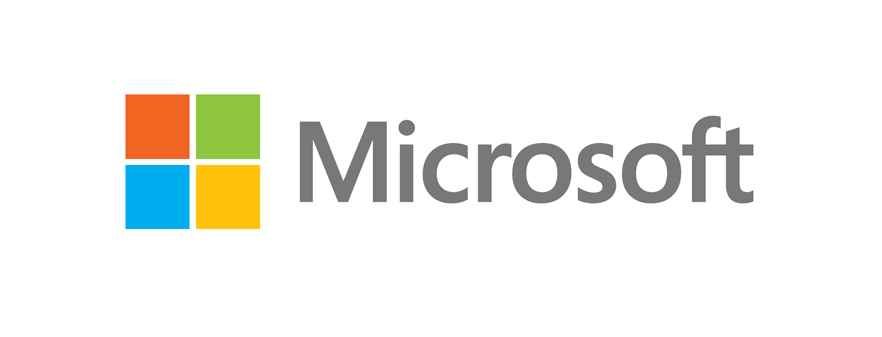How Microsoft ‘Scroogled’ Google’s Chrombook

It used comparative advertising
Comparative advertising occurs when an ad compares different branded products’ attributes with one another. For instance, if BMW compares the attributes (i.e. horsepower) of its new car to Benz’s new sedan and showcases that its own car has better performance, it’s using comparative advertising. This approach is highly effective if a product is high-involvement where consumers are doing more cognitive thinking when deciding if they want to purchase the item. When buying a high-involvement product, such as a car or even a laptop where a consumer might use it daily for the next 5 years, a consumer would assess its functionalities and other core attributes to see if the product is suitable to them. In the case of Microsoft, it used comparative advertising to identify the cons of Google’s Chromebook to alter consumers’ perspectives towards the product and reduce consumers’ purchase intentions.
It utilized humor
Humor is the best appeal when you want to propose a serious idea without offending anybody. Humor allows you to bring up a topic more subtly which in turn can more likely induce your audience to accept it. Additionally, humor can act as a source of distraction to help you deter your viewers from counterarguing your message. This tactic can be found in Mac vs PC commercials where Apple used humor to poke fun at all the problems that PCs encounter that Macs don’t have. Microsoft has surely learnt the lesson and adopted this approach by using it in its own video. Microsoft used humor to bash Google Chromebook’s inferiority when compared to traditional PCs. It also used humor to poke fun at Google’s business model (sell consumer data for ads), without being too provocative or insulting. (At least from a viewer’s perspective.)
It affected the viewer’s multi-attribute attitude
According to the multi-attribute attitude model, consumers form an overall attitude towards a product based on their perspections towards the product’s features. For instance, if a consumer wants to buy a car, she might assess its fuel-efficiency, horsepower, and price to develop her attitude towards the vehicle. However, if she thinks fuel-efficiency is the most important attribute while price and horsepower are less important, she would develop a stronger brand attitude towards a car that has greater fuel-efficiency than vehicles that have stronger horsepower. In the case of Microsoft’s video, the tech giant scrutinized the Chromebook for having inadequate features, which happen to be some of the most crucial attributes of a laptop. This approach will most definitely negatively influence how consumers shape their attitudes towards Google’s Chromebook and affect their purchasing desires.


